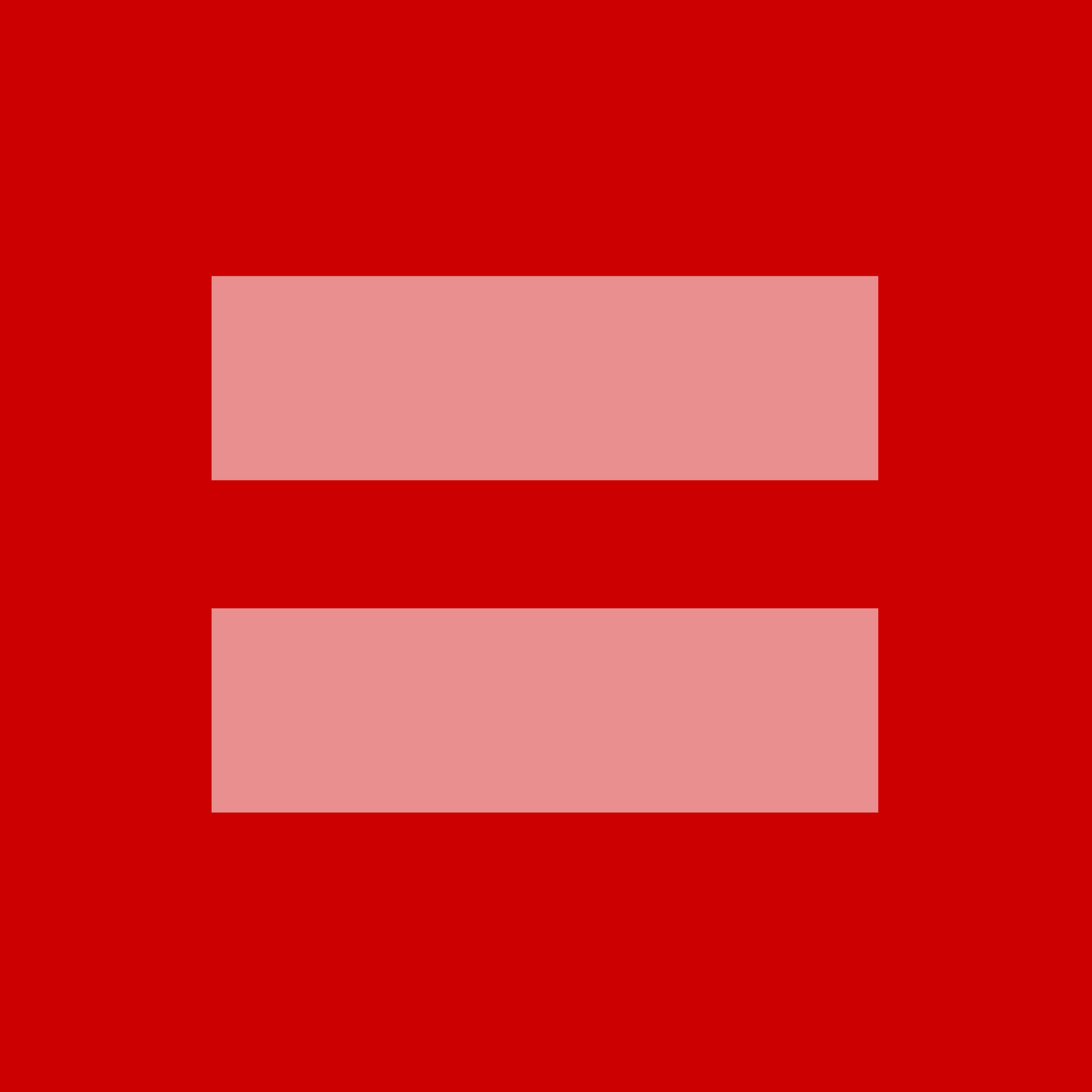Contributing Writer
Two weeks ago, I was scrolling through my Facebook on a Tuesday afternoon when I found my newsfeed alive with scarlet banners of friends changing their profile pictures to equal signs. The Human Rights Campaign changed its traditional logo, a blue and yellow equal sign, to red in a brilliant social media campaign to raise awareness about the recent Supreme Court case regarding equal marriage rights. As a member of the HRC for years, I was thrilled to see so many people feel comfortable enough to help raise awareness about such an important cause.
However, for every seven or so red profile pictures, there would be one that read “I am a straight ally and support gay marriage,” with an imposing photo of the Supreme Court behind the text. Although the intentions of these photos are as benevolent as their red counterparts, there is something wrong with the need to identify oneself as straight before being able to support gay marriage.
Why not stand up for gay marriage and leave it there? To a gay person or strong advocate of marriage equality, these signs, frankly, read, “my friends are gay and I support them, but PLEASE don’t think I’m gay!” This is the equivalent of saying coming out (no pun intended) for gay marriage with a “no-homo” follow up.
I can very much sympathize with this urge. As president and founder of the LGBTQ (Lesbian-Gay-Bisexual-Transgender-Questioning) Group at my high school, I had the dilemma of calling it the “Gay-Straight Alliance” or the LGBTQ Club. I was a freshman at the time when I started it with my gay best friend, and I was definitely more of a fan of the Gay-Straight Alliance title. With all the sincerity in the world, my friend looked at me and asked: “Is it so important to you that people know you are straight?”
In my less mature mindset, I realized suddenly that it was important to me that nobody would assume I was gay. I was worried I would be judged, and I did not want people to make assumptions about my sexuality — and yet, that is the reality of the 12 percent of Americans who now identify as LGBTQ. The fear and ambiguity members of this growing community face everyday — on buses, at job interviews, in the ER at a hospital — should not be a part of our culture, and yet they are an unfortunate reality. People make assumptions about others’ sexualities every single day. By not identifying ourselves as straight or gay, we are instead identifying ourselves as advocates for human rights, with no need for further clarity.
Similar unintentional insensitivities abound throughout our daily lives and culture. By exclaiming things like “I want a gay best friend” or “I love pretty lesbians,” we are further strengthening the severe gender dichotomy that already haunts our society. Under the guise of friendly open-mindedness, there is an underlying prejudice that strikes through these statements.
Now, as an increasing number of politicians are announcing their support for gay marriage, they usually fall into two camps. The first is politicians who have been “moved to a change of heart” from phone calls, letters, etc. We are not stupid. We know how politicians work. With gay-marriage support at an all time high, there is no better moment for a senator to announce his or her support of an increasingly trendy hot-button issue. The second are those who use their increasing guilt as their reason for changing. Although annoying, I still prefer the former. By leveraging their guilt and making it about their personal discomfort, these politicians are demonstrating a narcissism that should be condemned. There is something cruel about politicians who only take a hard stance on an issue when it starts to affect their personal lives — and not the lives of the people which they are actually supposed to be protecting and advocating.
Either way, the fact these conversations are even happening marks enormous progress in the gay rights movement. For this, I feel a sense of optimism rising and a re-affirmation of the hope for liberty in my country.
Going forward, we must remember the words of the famous gender scholar Marie Crowe, who said, “it is not sexuality that haunts society, but society that haunts sexuality.” So, F&M, I implore you: take a true stance on equality, and do not worry about the judgment of people if you make a red equal sign your profile picture. Any press is good press.
Questions? Email Grace at gmeredith@fandm.edu.
